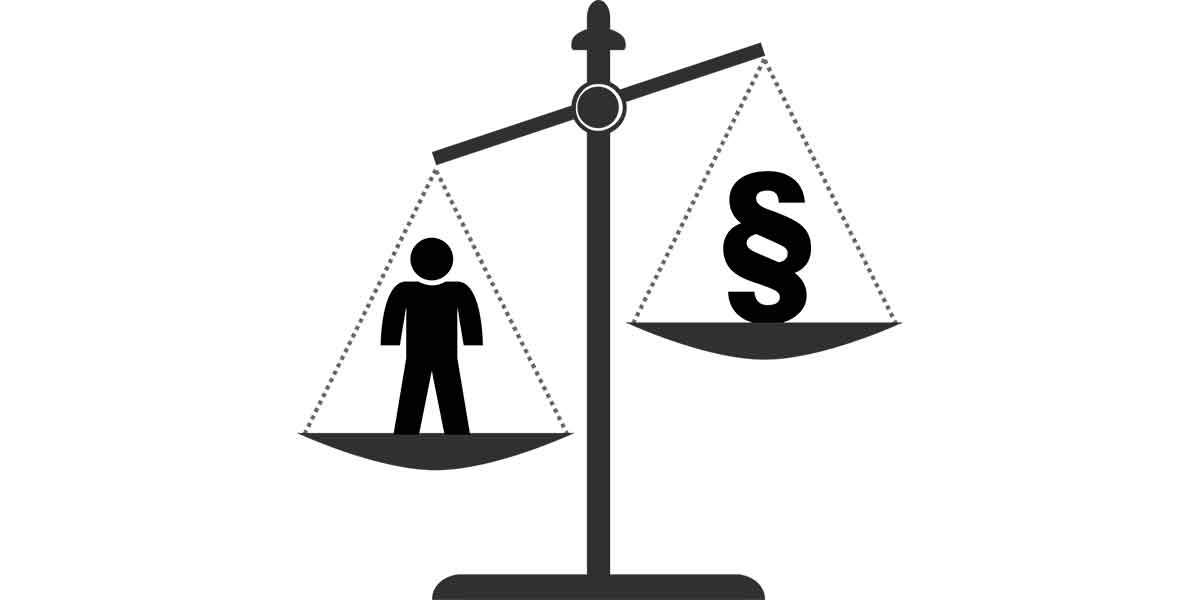Estate planning involves the strategic management of an individual’s assets after their passing. All the possessions owned by an individual become part of their estate upon death, which is then distributed to beneficiaries and heirs according to the decedent’s wishes.
The process of estate planning encompasses creating a will, establishing a trust, or making charitable donations. The distribution of the decedent’s estate is carried out in accordance with the instructions outlined in the will or trust document.
When drafting a will, it is essential to designate an executor who will oversee the execution of the will through the probate process. The executor plays a crucial role in managing all activities related to the will and ensuring the proper distribution of the estate.
In addition to outlining the distribution of assets, estate planning also involves considering the potential burden of estate taxes that heirs may face. To mitigate this burden, individuals can utilize trusts or make charitable contributions as part of their estate planning strategy.
To establish a comprehensive estate plan, individuals should have a thorough understanding of key aspects such as:
1. Will in Estate Planning
A will serves as a legal document that communicates an individual’s intentions regarding the management of their assets posthumously. The testator appoints an executor in the will, who is responsible for administering the estate and ensuring that the testator’s wishes are carried out.
2. Selecting a Competent Executor in Estate Planning
Choosing a capable executor is crucial, as they are tasked with evaluating the decedent’s assets, settling debts, and distributing remaining funds to heirs and beneficiaries. In cases where the executor lacks expertise, hiring a probate attorney may be necessary to navigate the probate process effectively.
3. Estate Planning for Tax Efficiency
Minimizing tax implications on the estate is a key consideration in estate planning. Strategies such as establishing trusts, utilizing education funding accounts, and making charitable contributions can help reduce the tax burden on the estate and maximize the assets available to heirs.
4. Utilizing Life Insurance in Estate Planning
Life insurance can play a significant role in estate planning by providing funds to cover taxes and debts without incurring additional tax liabilities. Properly structured life insurance policies can safeguard the estate’s value and ensure a smoother transfer of assets to heirs.
a well-structured estate plan can alleviate the financial burden on heirs and ensure a seamless transfer of assets. By implementing strategic estate planning strategies, individuals can safeguard their family’s financial well-being even after their passing. A comprehensive estate plan is essential for every family’s financial security.




